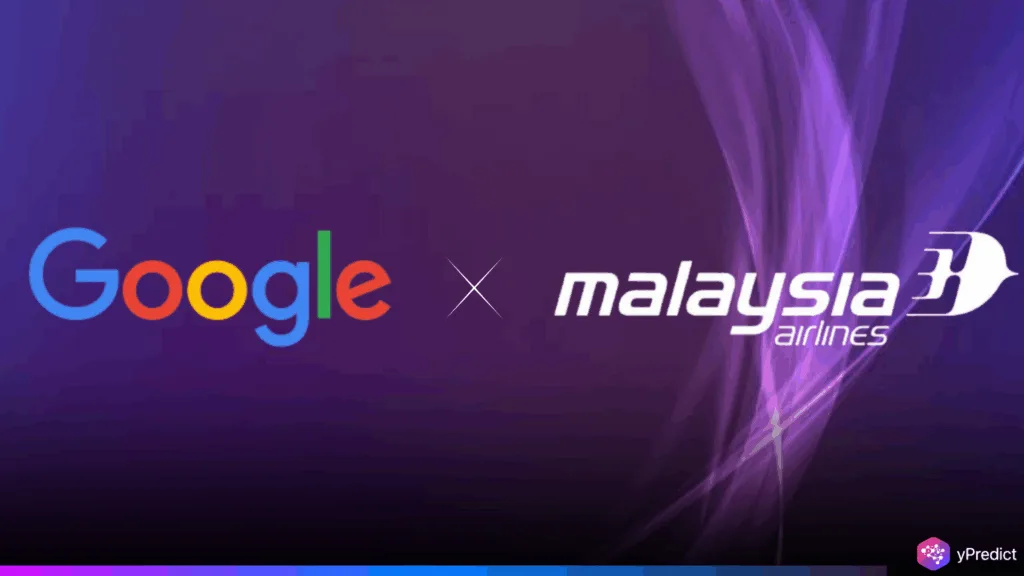
Malaysia Airlines has taken its collaboration with Google to the next level, announcing a bold new partnership to revolutionize the travel experience through AI innovation, immersive digital experiences, and data-led marketing. The expansion builds on a successful relationship since 2024 and underscores its ambition to become Asia’s premier travel hub.
Google AI and Malaysia Airlines Bring “Time For” Campaign to Life
The renewed partnership was unveiled at the MATTA Fair, where Malaysia Airlines showcased Google’s cutting-edge Veo image-to-video generation tool. As part of the airline’s “Time For” campaign, visitors at the fair could upload a travel photo and watch it transform into a dynamic, AI-generated video — a glimpse into the personalized future of travel engagement.
This activation not only captivated attendees but highlighted the power of artificial intelligence in redefining emotional connections with travelers. According to Malaysia Aviation Group (MAG), the experience was designed to push the boundaries of digital engagement while positioning Malaysia as a modern and tech-forward travel destination.
Strategic Focus on AI, Data, and Personalization
The new partnership is guided by a Joint Business Plan closely aligned with Malaysia Airlines’ commercial strategy and its role in Visit Malaysia 2026. A core focus is embedding Google’s Gemini AI to personalize customer journeys — from booking inspiration to loyalty programs and in-flight services.
According to Dersenish Aresandiran, Chief Commercial Officer of Airlines at MAG, “This is about transforming how we connect with our customers. With Google’s global expertise, we’re unlocking smarter ways to drive engagement and grow Malaysia’s status as a top-tier destination.”
Key Pillars of the Joint Business Plan
The expanded Malaysia Airlines–Google AI partnership focuses on four key strategic areas designed to elevate digital travel experiences.
First, AI-powered performance marketing will leverage Google’s Performance Max and AI-driven search tools to drive smarter, conversion-focused campaigns.
Second, the partnership will strengthen global brand visibility through targeted YouTube campaigns in the UK, ANZ, Japan, and key ASEAN markets.
Third, it encourages an agile innovation culture by embracing a ‘test-and-learn’ approach to continuously improve the customer journey.
Finally, first-party data activation will unlock deeper customer insights to enhance engagement, loyalty, and personalized travel experiences across Malaysia Airlines’ offerings.
Conclusion
With Malaysia Airlines’ digital transformation gaining momentum, it has officially renewed its partnership with Google, placing intelligence-driven and future-ready travel at the forefront of its goals. From personalized marketing to the creation of immersive digital stories, the partnership will be a great case study on how artificial intelligence and data can help enhance the traveler experience while also supporting national (tourism) objectives.
With this next phase and increased focus, Malaysia Airline is well positioned to not only move passengers but change how the world experiences travel through innovation and collaboration, all with a clear vision.






